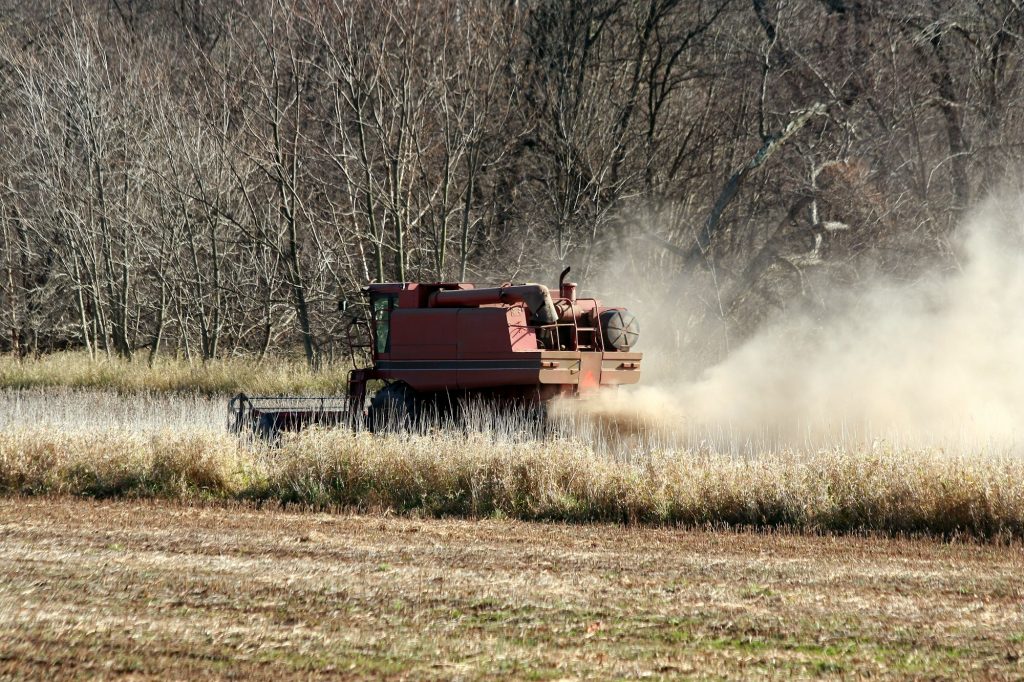In today’s world, the importance of sustainable agriculture cannot be overstated. As we face challenges such as climate change and food insecurity, adopting sustainable farming practices has become more critical than ever.
Sustainable agriculture encompasses a range of practices aimed at minimizing environmental impact while maximizing productivity and economic viability. Crop rotation, organic farming, and agroforestry are just a few examples of sustainable techniques that promote soil health, conserve water, and reduce reliance on synthetic inputs.Sustainable agriculture not only benefits the environment but also has significant economic and social advantages. By preserving soil fertility and biodiversity, sustainable practices ensure the long-term viability of farming operations and support rural livelihoods. Additionally, sustainable agriculture helps mitigate climate change by reducing greenhouse gas emissions and sequestering carbon in the soil.
In conclusion, sustainable agriculture is essential for ensuring food security, protecting the environment, and promoting economic prosperity. By embracing sustainable farming practices, we can build a more resilient and sustainable food system for future generations.

